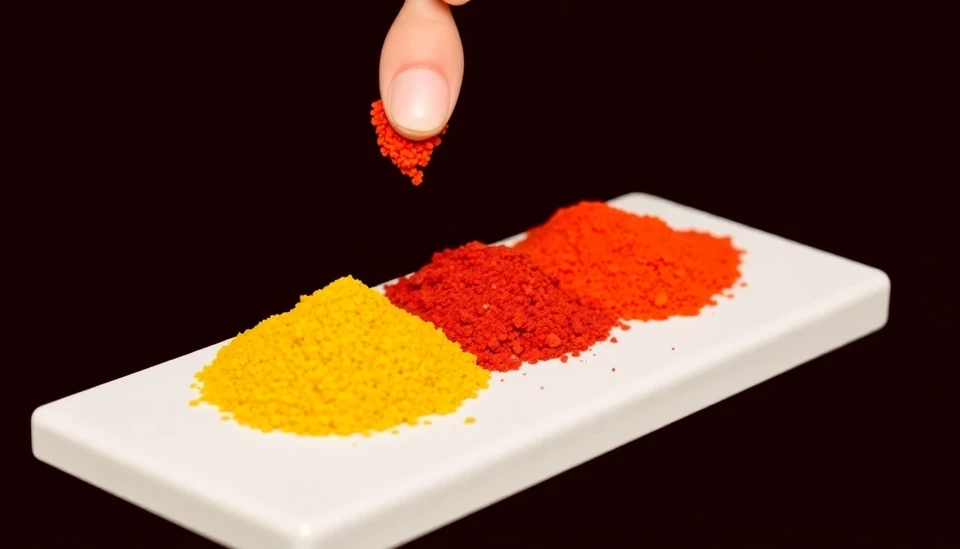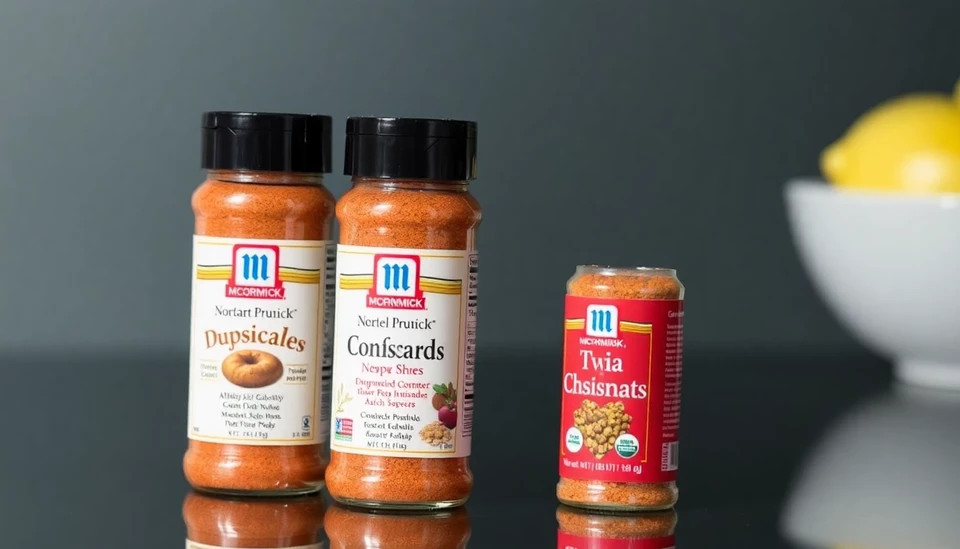
In a significant move aligned with increasing consumer awareness about food additives, McCormick & Company, a leader in flavor and seasoning products, has announced its decision to phase out synthetic food dyes from its products. This change comes as more shoppers are opting for clean-label ingredients, reflecting a broader trend focused on transparency and health.
The announcement, which marks a pivotal shift for the well-known food brand, comes amid heightened scrutiny of food additives, particularly after figures like Robert F. Kennedy Jr. began targeting these ingredients in their campaigns. This action highlights a growing public demand for food manufacturers to reconsider their use of artificial colors and flavors, especially given the rising concern over potential health impacts linked to such additives.
McCormick's decision is not an isolated instance but part of a larger movement within the food industry. As various brands respond to consumer preferences, this pivot reflects an understanding that today’s consumers are prioritizing their health and wellness, seeking products that boast natural components rather than artificial ones. The company's initiative aims to reassure consumers that their products will not contain potentially harmful synthetic dyes, which have previously faced backlash for their alleged contributions to health issues such as hyperactivity in children.
As the brand moves forward, McCormick has committed to reformulating its existing product lines, which are popular in households across the nation. The initiative will include significant changes to spice mixes, marinades, and sauces, among others. By committing to natural colorants derived from sources like vegetables and spices, McCormick hopes to retain consumer trust and loyalty while catering to their preferences for maintaining a healthier lifestyle.
This shift towards eliminating synthetic food dyes is also part of a broader strategy by McCormick to enhance its commitment to sustainable products and environmental stewardship. By sourcing natural ingredients, the company not only addresses consumer health concerns but also contributes positively to the environment, reinforcing its brand as one that values quality and sustainability.
The real impact of this initiative is expected to resonate beyond just consumer trust—it's likely to influence industry standards. McCormick's actions could set a precedent that encourages other food manufacturers to make similar commitments to improve the integrity of their products. As advocacy for clean food gains momentum, this precedent could lead to more stringent regulations and guidelines regarding the use of additives in the food industry.
As consumers become more knowledgeable about food ingredient sourcing and health implications, companies like McCormick realize that staying ahead of the curve can serve as a competitive advantage. By eliminating artificial dyes, they not only respond to immediate consumer demand but also strategically position themselves as leaders advocating for cleaner and safer food options in the marketplace.
In summary, McCormick's ban on synthetic food dyes is a significant move that highlights an essential shift in consumer expectations and industry standards. As brands continue to navigate this evolving landscape, transparency and health will likely remain at the forefront of product development and marketing strategies.
#McCormick #FoodDyes #FoodAdditives #CleanLabel #HealthConcerns #ConsumerTrends #FoodIndustryReform #NaturalIngredients
Author: John Harris

